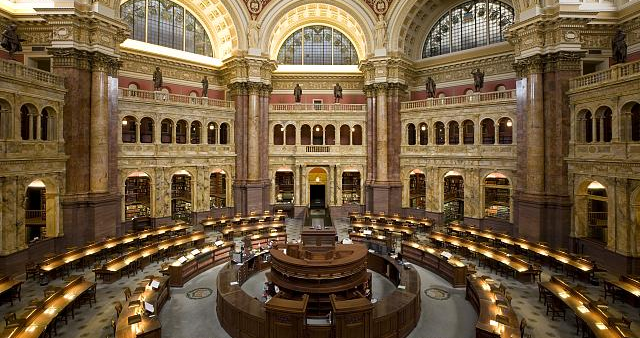Originally posted at the Sunlight Foundation blog.
It’s 2013, and the Library of Congress seems to think releasing public data about Congress is a risk to the public.
The Library of Congress is in charge of THOMAS.gov, and its successor Congress.gov. These sites publish some of the most fundamental information about Congress — the history and status of bills. Whether it’s immigration law or SOPA, patent reform or Obamacare, the Library of Congress will tell you: What is Congress working on? Who’s working on it? When did that happen?
Except they won’t let you download that information. Instead, popular websites like GovTrack, widely used services like Sunlight’s, and world-class newspapers like the New York Times are forced to design complicated, error-prone systems that extract what data they can from the pages of the website of the Library of Congress. It’s a lot of work, but it’s a necessary burden for anyone outside Congress who wishes to use that data to inform and empower the public.
